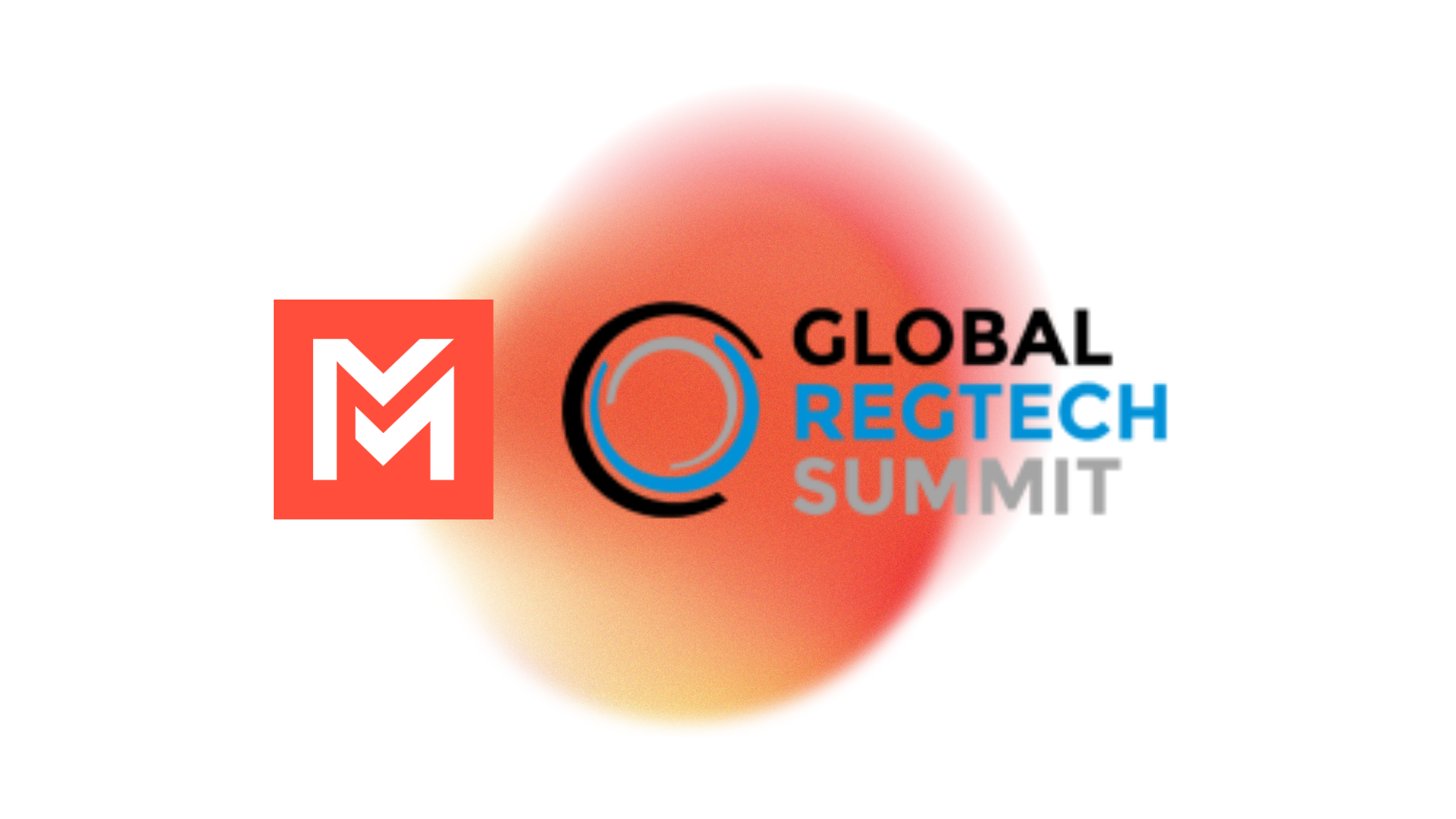In September, Movius sponsored and attended the Global RegTech Summit in New York with FinTech Global. The annual conference gathers leaders and experts in compliance, risk management, and technology, and gives attendees access to innovative product demos and expert roundtables discussing the rapidly evolving industry. These are the top insights and trends we see shaping the industry now, into 2025, and beyond:
1. The Current Pressure of Speed in Compliance
Organizations face increasing pressure to act quickly while ensuring compliance. The “art of compliance” involves prioritizing tasks effectively without labeling everything as a regulatory requirement. Compliance teams should choose battles wisely and prioritize based on business impact.
2. The Build vs. Buy Question
While it’s trendy for many firms to build solutions in-house, firms need to evaluate their approach to compliance solutions by identifying use cases and determining specific needs to decide whether to outsource or develop in-house. When developing in-house, it’s important to avoid group think – sticking to tried-and-true common practices can hinder new regulatory tech innovations. Legacy systems also can present risks, vulnerabilities, and less than ideal record-keeping. Poor record-keeping has led to increasing fines for financial firms, especially around client communication, a significant concern amongst compliance teams. MultiLine™ by Movius helps solve this issue with SMS and voice capture for secure external communication in highly regulated industries.
3. Compliance and C-Suite Collaboration
It’s more crucial than ever for compliance functions and CISOs to work closely with other C-suite executives and raise awareness of compliance issues among senior leadership.
4. The New Multidisciplinary Approach to Compliance
Organizations are developing scenario-based playbooks to address potential risks. A collaborative approach is essential – operating in silos is no longer viable.
5. The Future Trends Impacting the Regulatory Landscape in 2025
-
- Volume of Regulatory Changes: Organizations are struggling to keep up. AI can play a role in managing these changes if firms develop governance frameworks around AI use and identify best use cases for AI in compliance.
- Risk Awareness: Compliance teams need to pressure test processes and keep leadership informed.
- Privacy Regulations: Comprehensive regulations surrounding AI are anticipated.
- Geopolitical Factors: Consideration of foreign policies in AI compliance is essential.
6. Ethical Concerns in AI Compliance
Ethical regulations for technology have always existed. Ethics experts need to be used to ensure AI systems are fair and non-discriminatory.
7. Integrating Compliance and Cybersecurity
The current consensus is compliance and cybersecurity should remain separate but collaborative. Compliance focuses on broader regulatory issues, not solely on technology, and there is a need for specialized skills within both fields.
8. Managing Compliance with Diverse Data Sources
Compliance teams should engage in multiple committees that shape data governance. Chief Data Officers must collaborate with data champions across departments.
